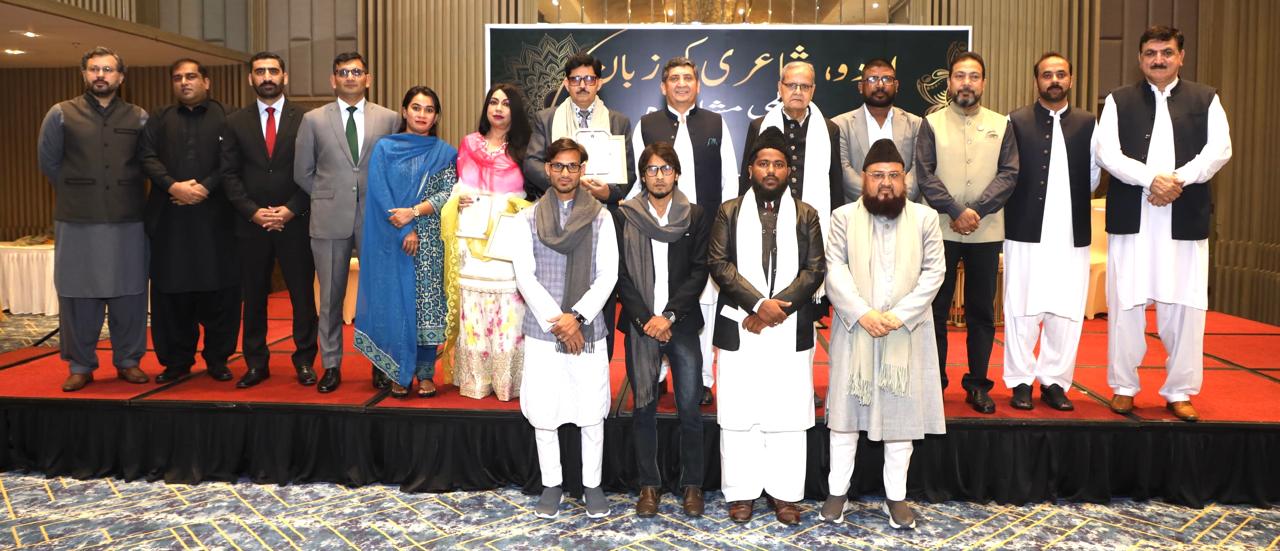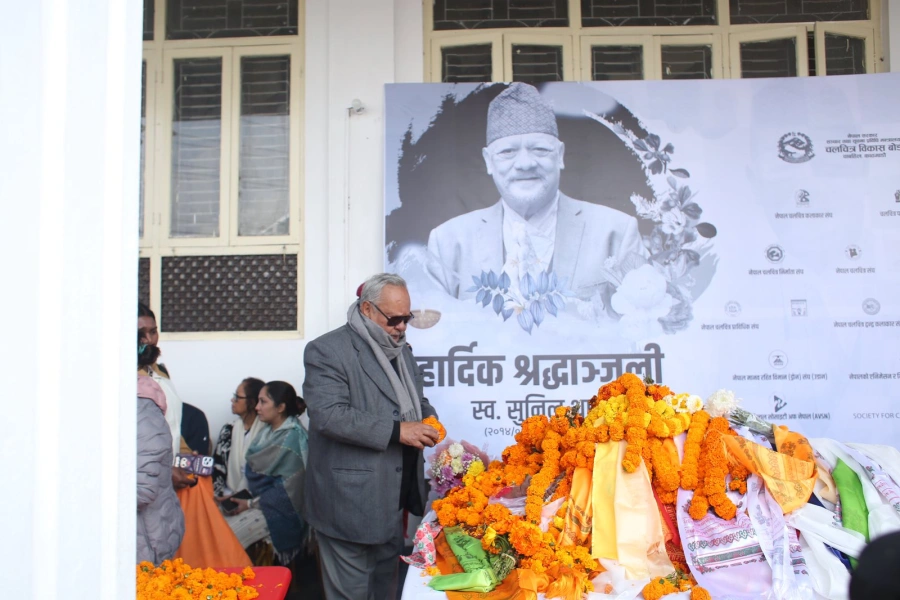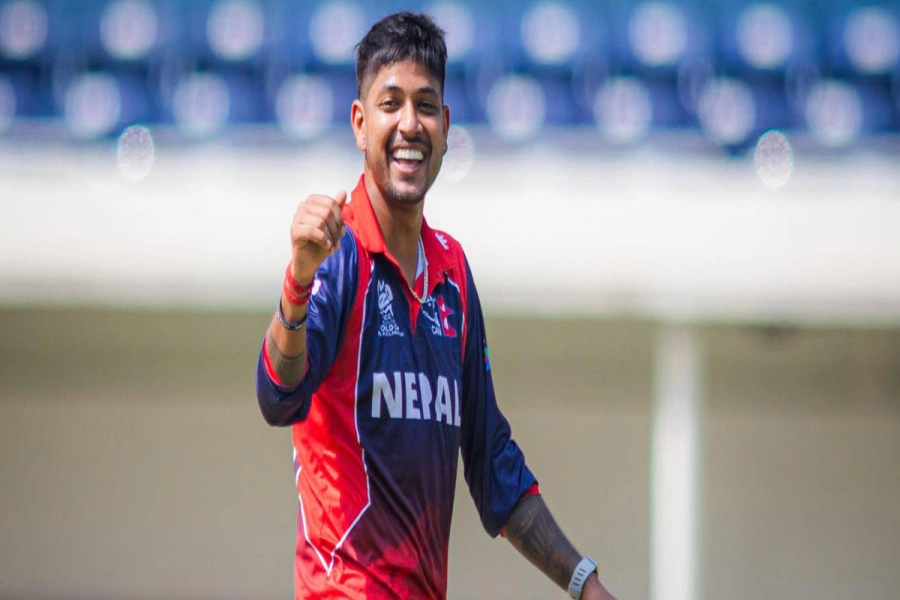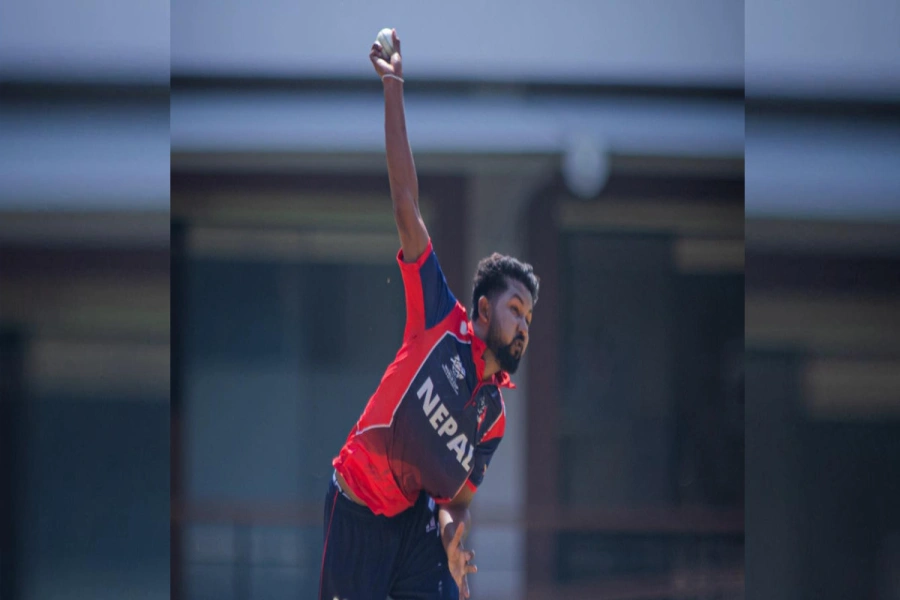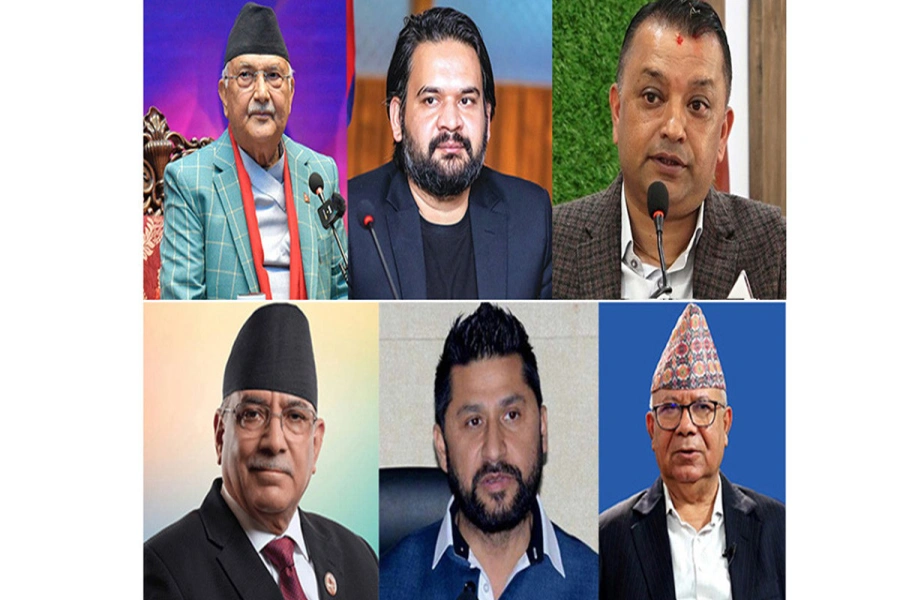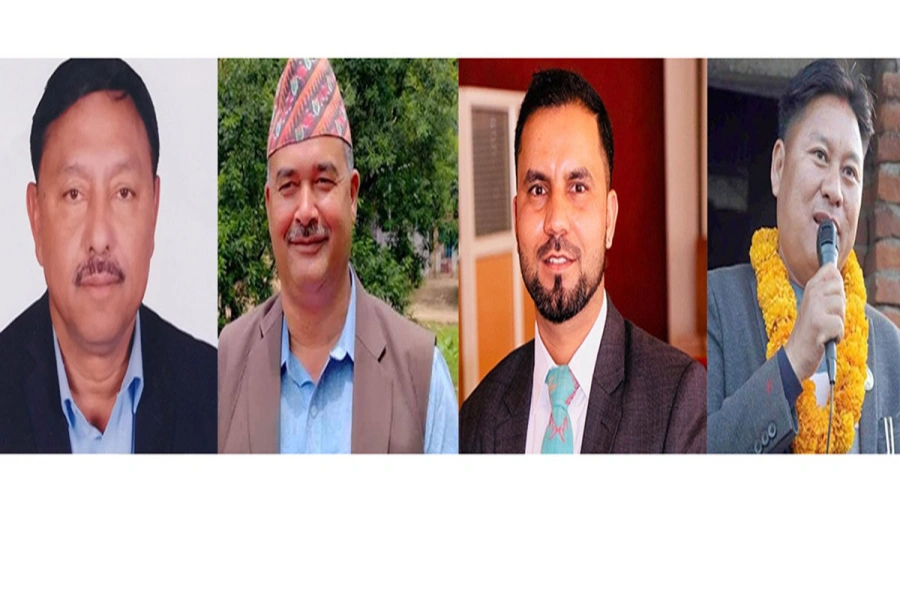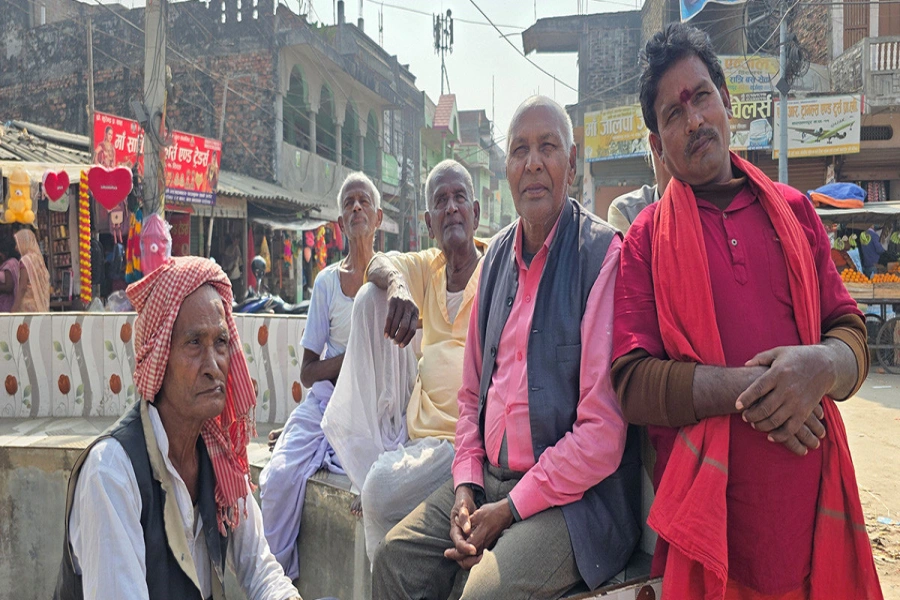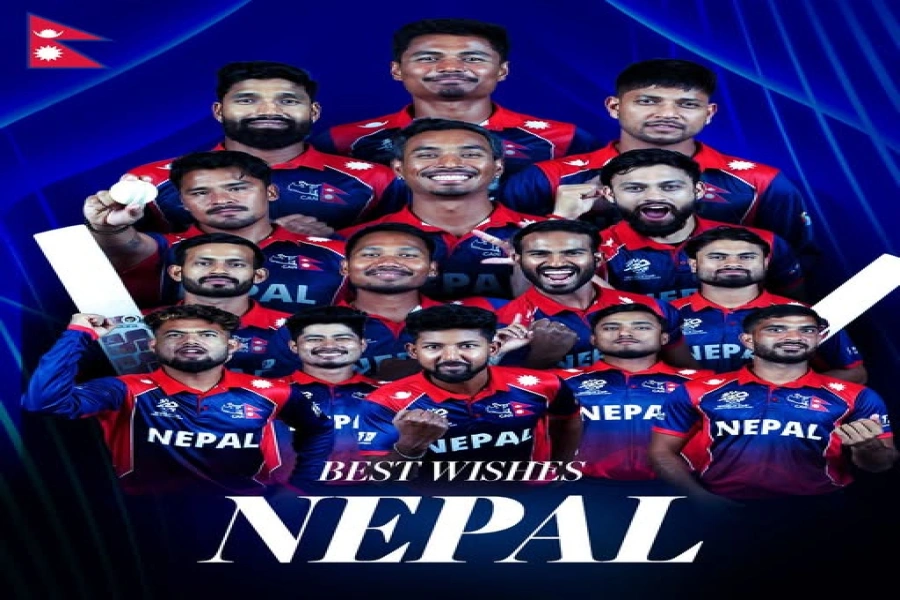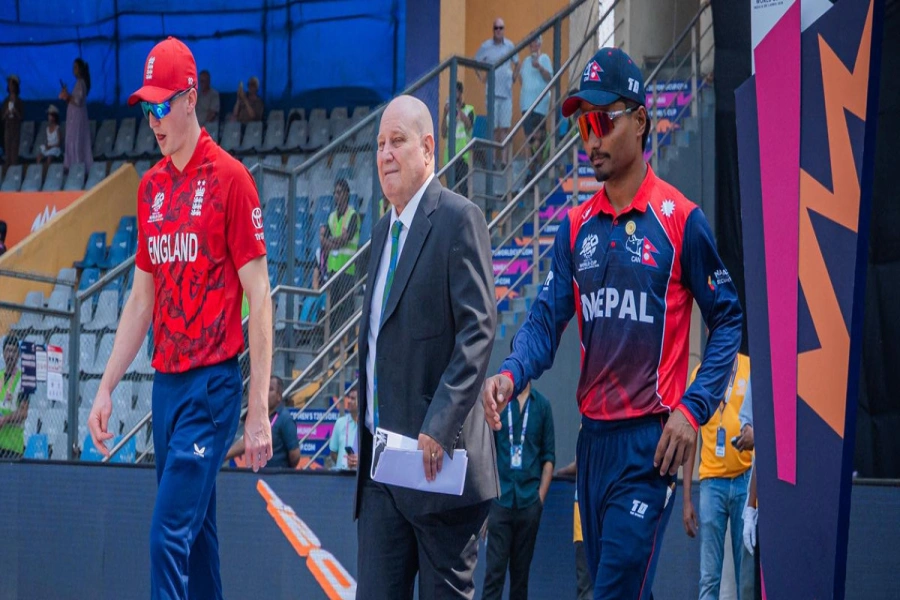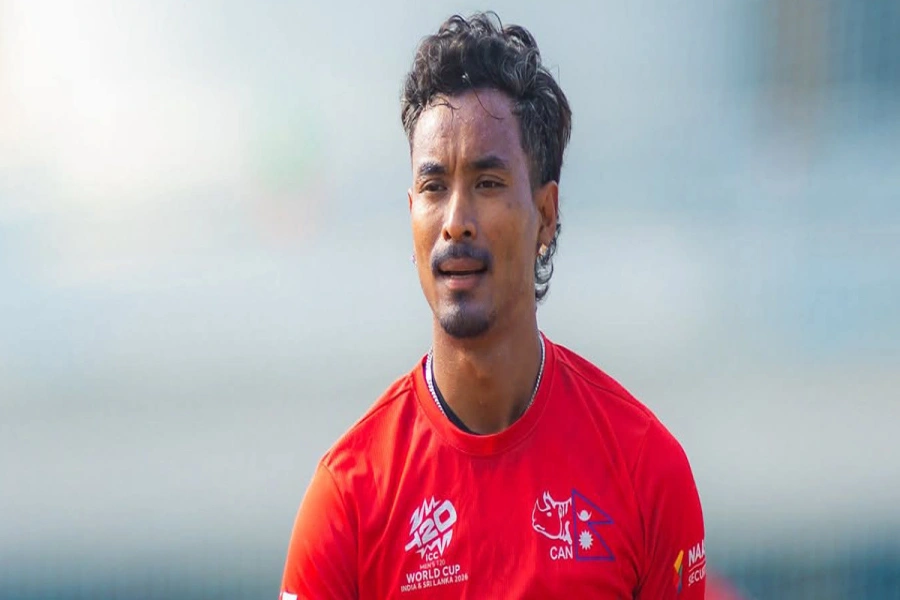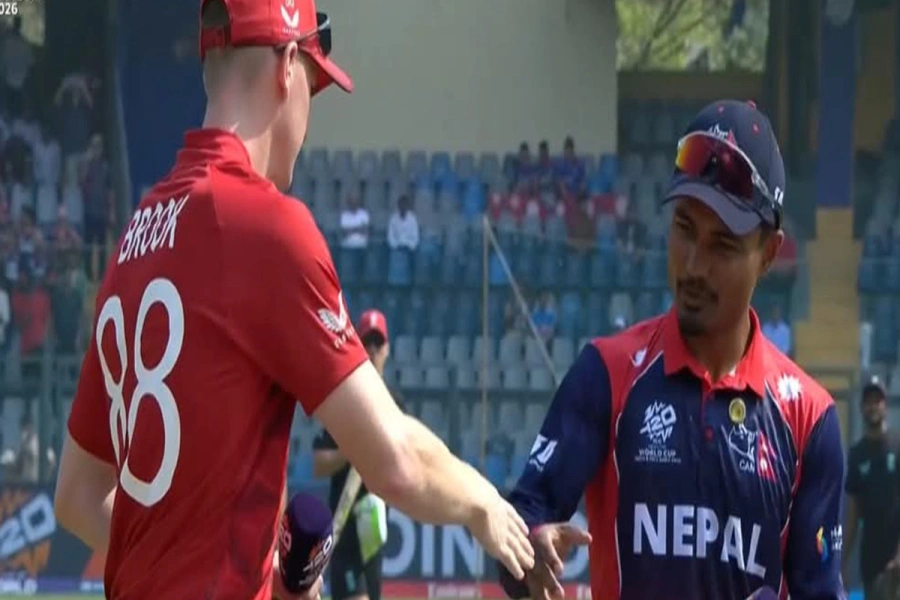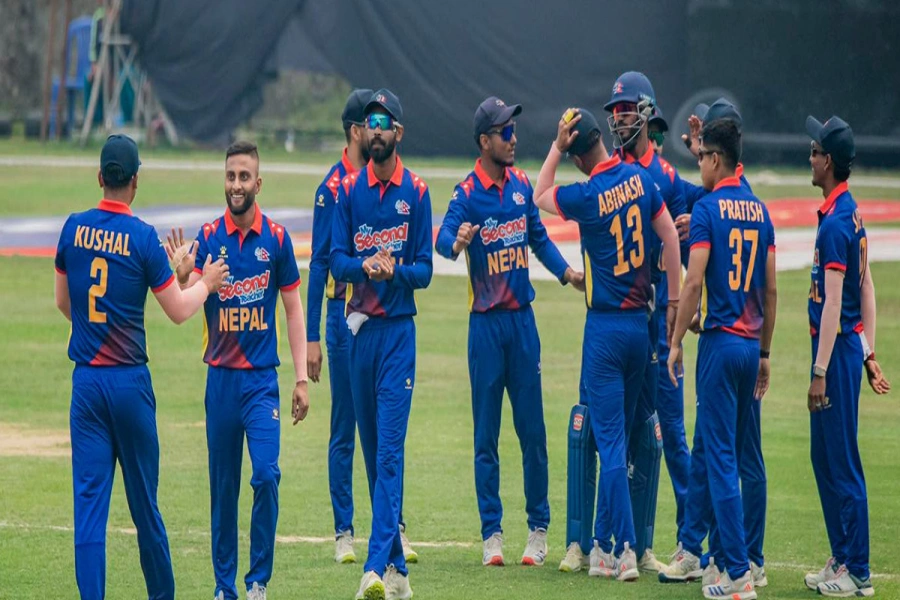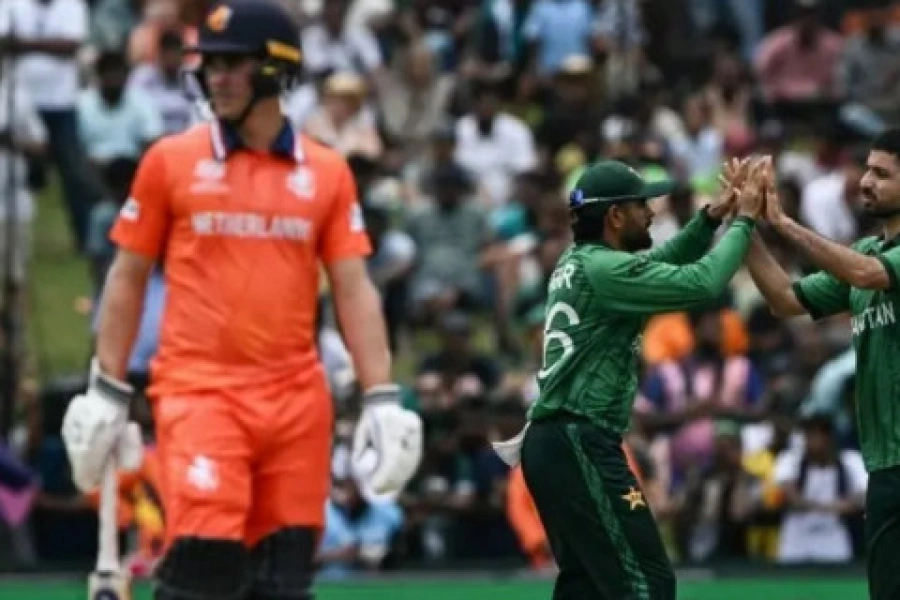In the game of Bocce, a smaller ball, or the jack, is bowled and the participants attempt to throw the ball, using their underarm in closest proximity to the jack. Devendra and Prabhakar competed and did their best with the four balls they had. However, this game of Bocce had no winners; it was just a fun play between friends.
From a distance, it might have looked as if Devendra and Prabhakar were playing with their group of friends. However, at a closer look, the group of six was “special.” While Devendra suffers from Down’s syndrome, all others live with mild mental disability. But regardless of their disability, they have found delight in something that keeps them motivated: Sports.
And tapping in their interest and strength, with sports as a medium to foster their self-confidence, Special Olympics Nepal has been actively organizing sporting events for the intellectually disabled since 1988.
“We need to give them exposure so that they are a part of the society,” said Jyoti Sherchan, chairperson of Special Olympics Nepal.
In Nepal, people with mental disabilities are still looked down upon, and a large chunk of the population, especially in rural areas, is not aware of the strengths and potentials of the disabled.

According to a 2002 report on disability by Japan International Cooperation Agency (JICA), 2.7% of the total disabled population was found to be living with intellectual disability. And Special Olympics, with games and events at local, regional, national and international levels, serves as a platform for the intellectually disabled to show their skills and sportsmanship.
Ganesh Parajuli, sports director for Special Olympics Nepal, said the main objective of the games, especially designed for people with various levels of mental challenges, help them to grow physically and mentally.
“We want to reestablish them in the society through sports,” he asserted, “and change the society’s attitude to them.”
And looking at the spirit of Devendra and Prabhakar, along with their mates who have represented Nepal internationally at the Special Olympics, hopes can only get higher.
Amit Yogi, 20, and Naresh Chettri, 28, participated in the Special Olympics World Summer Games in China in 2007 and in the USA in 1999 respectively. While Yogi, who was the most extrovert in the group of six, showed his sporting flamboyance as a goalkeeper, winning bronze for the team, Chettri secured a silver in running.
“I want to play and I want to win every time,” Chettri said of his will to participate in the upcoming national games to be held from January 10-12 in Chitwan, which is also a qualifying competition for the Special Olympics World Summer Games 2011 to be held in Athens, Greece.
And it is the drive of winning that keeps them moving forward.
“Every time, there should be some positive reimbursement which will encourage and motivate them,” Parajuli, who has been working as a coach since the inception of Special Olympics Nepal, said.
Parents of the intellectually disabled agreed.
Laxmi Basnet, mother of a 15-year-old intellectually disabled child, noted that her daughter has always been interested in sports. For the past 10 years, Lujina has been consistently participating in the national games in different sporting categories, such as running, long jump and softball throw. During these years, she has also bagged second and third positions.
“It makes them happy and that’s certainly some progress,” stated the mother while her daughter stayed outside, angry. Lujina had come with an intention to play but the games hadn’t started yet.
This year, too, Basnet said she hopes to see her daughter participate in the national games but she complained that teachers sometimes hesitate to register Lujina for certain games.
But certain conditions have to be considered for the intellectually disabled participants to prevent complications, said Dr Pankaj Pant, Professor at Kathmandu University Hospital, who also works closely with Special Olympics Nepal.
The athletes’ health aspects, like their movement, physical fitness, hearing and visual acuity, are checked to prevent them from physical trauma. Also, this helps the committee to determine a participant’s suitability for a certain sport.
At Special Olympics, all sporting events are scientifically and specifically designed, considering the disability, Parajuli said. This year’s national games, which will have an estimated participation of some 350 athletes, will have games like table tennis, 50-, 100-, 200- and 400-meter races, 4 x 100meters relay, high jump, long jump, shot-put, and softball. Also, the young athlete program is being started in accordance with international design. In this program, athletes under the age of eight are encouraged to participate in the games.
“If they start early, they can be trained and groomed well,” said Parajuli who was one of the 40 exemplary coaches of 2008, a selection made by the Special Olympics Committee.
But for now, it is the participants from the local and regional games who will converge in Kathmandu for the Special Olympics National Games.
During the three days, they are expected to show their sportsmanship and shine to glory before 22 to 26 of the selected participants make their way to the Special Olympics World Summer Games 2011 from June 25 to July 4.
“But everyone’s a winner here,” Sherchan added.
And it is the winning attitude of these “special” people that keeps their perseverance alive.
“We have to win,” whispered Yogi in one of his friends’ ears just before he bowled his Bocce ball during the last game, which was a group game for that day.
Pak embassy organizes poetry symposium — Aalmi Mushaira: Urdu,...
